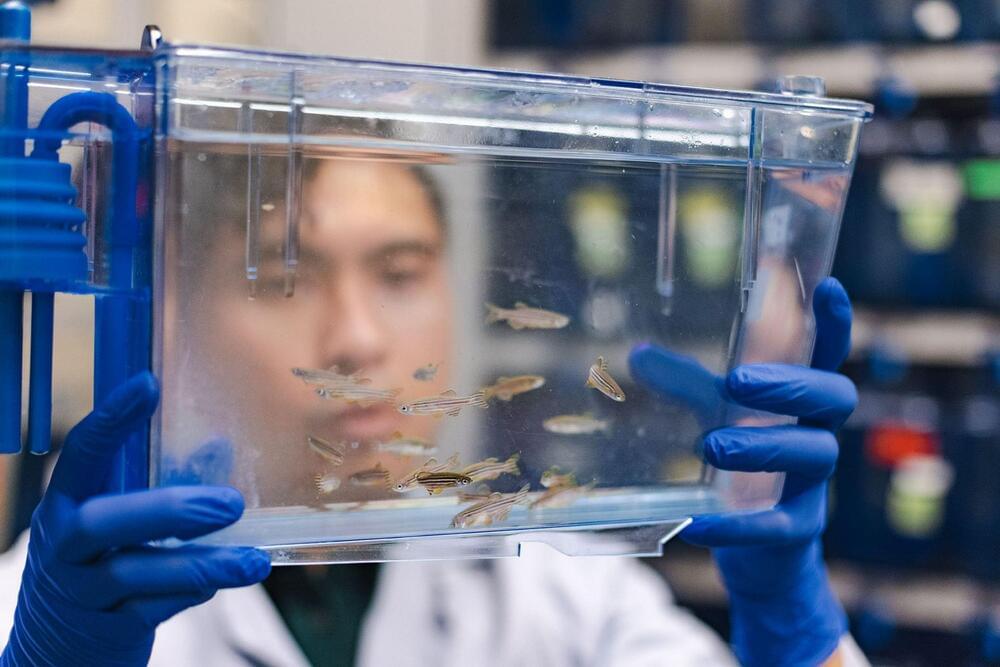A University of Texas at Dallas bioengineer has developed synthetic enzymes that can control the behavior of the signaling protein Vg1, which plays a key role in the development of muscle, bone and blood in vertebrate embryos.
The team of researchers is using a new approach, called the Synthetic Processing (SynPro) system, in zebrafish to study how Vg1 is formed. By learning the molecular rules of signal formation in a developing animal, researchers aim to engineer mechanisms – such as giving cells new instructions – that could play a role in treating or preventing disease.
Dr. P.C. Dave P. Dingal, assistant professor of bioengineering in the Erik Jonsson School of Engineering and Computer Science, and his colleagues published their research online Oct. 16 in Proceedings of the National Academy of Sciences.
